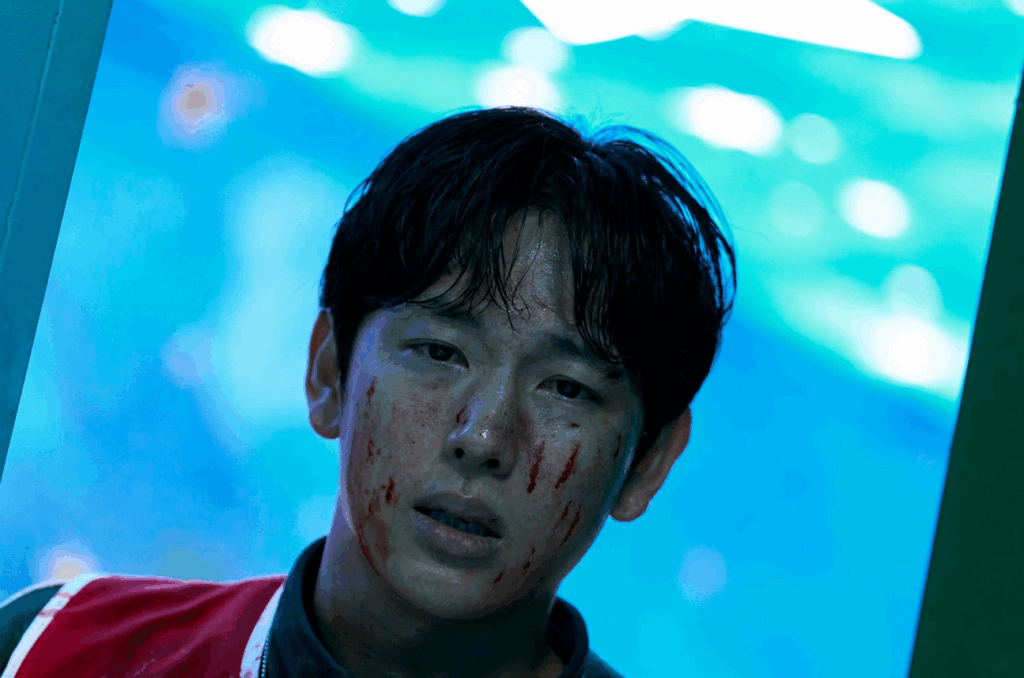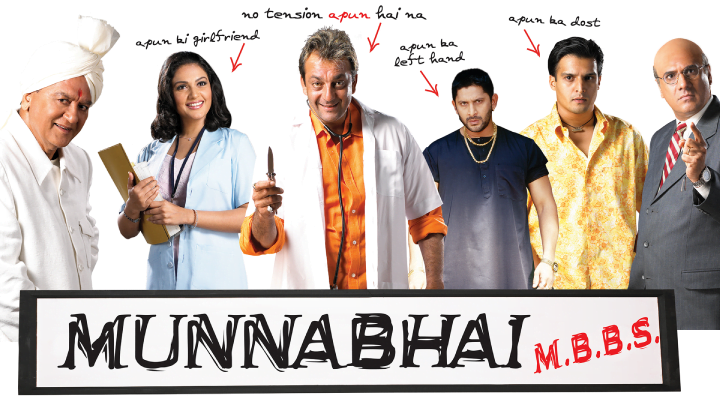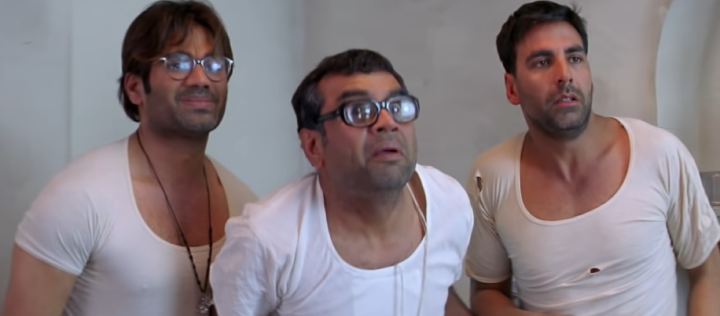After binge-watching all six episodes of Squid Game’s final season yesterday, I’m still processing the emotional whirlwind that Hwang Dong-hyuk put us through. This isn’t just a TV review – it’s my reflection on what might be one of the most brutal and thought-provoking series finales I’ve ever watched.
The Weight of Despair
Season 3 picks up immediately after that devastating Season 2 cliffhanger, and let me tell you – the emotional weight hits differently this time. Watching Gi-hun (Lee Jung-jae) struggle with the aftermath of his failed rebellion and Jung-bae’s death was genuinely heartbreaking.
What struck me most was how the show didn’t rush past his trauma. The early episodes let us sit with his despair, and honestly, it made me question whether I could have made different choices in his position. That’s the power of this series – it forces you to confront uncomfortable truths about human nature.
The Games Get Personal
The final games in Season 3 felt more personal and psychologically devastating than ever before. Without spoiling anything, I’ll say that the moral choices presented to the remaining players made me pause the show multiple times just to process what I was watching.
Player 100 (Im Jeong-dae) continued to be one of the most morally reprehensible characters I’ve encountered in television. Every decision he made prioritized his own survival over basic human decency, and watching other players react to his calculated cruelty was both fascinating and disturbing.
What This Says About Us

Here’s what really got to me: I found myself rooting for certain characters while simultaneously judging them for choices I’m not sure I wouldn’t make myself. The series holds up a mirror to our society’s obsession with competition and individual success over collective welfare.
The most chilling realization was how easily I accepted the violence as “just part of the show.” It made me think about how we consume entertainment that depicts human suffering – even fictional suffering – and what that says about us as viewers.
The Front Man’s Psychology
Lee Byung-hun’s performance as the Front Man reached new heights this season. The psychological cat-and-mouse game between him and Gi-hun became the emotional core of the series. What terrified me wasn’t the physical violence, but the Front Man’s calm conviction that he was revealing fundamental truths about human nature.
His character represents something deeply unsettling about how power and trauma can warp someone’s worldview. Watching him try to break Gi-hun’s faith in humanity felt like watching someone slowly poison a well.
Personal Impact
I’ll be honest – this season left me emotionally drained. The finale’s final moments had me sitting in silence for a good ten minutes afterward. The show succeeded in making me question not just the characters’ choices, but my own values and the systems I participate in daily.
The parallels to real-world inequality aren’t subtle, and they’re not supposed to be. After watching wealthy VIPs treat human suffering as entertainment, I caught myself thinking about my own consumption habits and how I engage with social media.
Where It Succeeds and Falls Short
What worked: The psychological depth, the moral complexity, and the unflinching examination of human nature under extreme pressure. The performances were uniformly excellent, particularly Lee Jung-jae’s portrayal of a broken man trying to maintain his humanity.
What didn’t: Some of the new character arcs felt underdeveloped compared to the rich development we saw in Season 1. A few plot points felt rushed, likely due to the shortened episode count.
The Bigger Picture
Squid Game Season 3 isn’t just entertainment – it’s a commentary on late-stage capitalism, social inequality, and what happens when society values profit over people. But unlike heavy-handed social commentary, it works because it focuses on individual human stories within this broader critique.
The series asks: When pushed to our limits, do we choose compassion or self-preservation? After watching these six episodes, I’m not sure I like my honest answer to that question.
Final Thoughts
This finale won’t be for everyone. It’s bleak, unflinching, and refuses to offer easy answers or comfortable resolutions. But it’s also brilliant television that will stick with me for a long time.
Squid Game Season 3 succeeds because it doesn’t let us remain passive viewers. It demands that we examine our own complicity in systems that treat human dignity as negotiable. Whether that’s through our consumption choices, our political participation, or simply how we treat others in our daily lives.
The games may be over, but the questions they raise about who we are and who we want to be are just beginning. And honestly? That might be the point.
Rating: 8.5/10 – A brutal but necessary conclusion to one of the most important series of our time.
What did you think of the finale? I’d love to hear other perspectives on how the series ended and what it means for the broader conversation about inequality and human nature.




